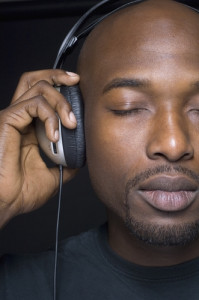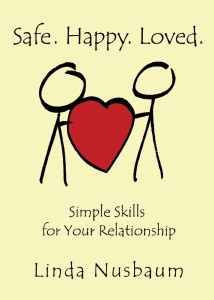“Be kind to yourself.” We hear it a lot. But, what does it mean?
What Does it Mean to “Be Kind to Yourself?”
When people tell me how they are being kind to themselves, they often give me a list of the things they do to pamper themselves: go to the gym, visit the spa, go shopping, etc.. I hear this often when I inquire about a person’s kindness.
I think we think of things outside ourselves like an activity, or things we do to our bodies to stay in shape, or eating our favorite foods as real treats for us, as humans. And I am glad people do this for themselves.
Don’t Feel Guilty About Taking Time to Take Care of Yourself

Sometimes people will tell me, “Oh, I just don’t have time.” This statement is common too. And that’s because most of us are taught to take care of others. We are not taught to examine what would make us happy and do things for ourselves. This is usually a skill we learn later in life. And for many of us it’s super hard to get good at.
When some of us even think of doing something for ourselves we get this gnawing in our stomachs like we are not supposed to do this. We are bad, or selfish, or uncaring and that’s just not good. We are being self-centered too. We are not supposed to think of ourselves first. That’s just wrong.
Self-Care is More Than Recreational Activities
If these phrases sound familiar to you, you are not alone. Self-care is one of the hardest things to learn as an adult and many people don’t even learn it. It’s hard and scary to go against everything you might have learned in the past. It might be terrifying to not listen to all the voices in your head or your parents or partner or siblings who might disapprove of your behaviors. So sometimes it might just be impossible.
I get this. But if you are willing to look at how you treat yourself, I would like to talk with you about other features of treating ourselves well. Being good to ourselves is not just about what activities we bring into our life. It’s how we talk with ourselves when our feelings get hurt. It’s what we say to ourselves when we mess up or make a mistake. Being good to ourselves also includes the tone we take when we say something to yourself.
Gentler Internal Dialog as Part of Self-Care

Many of us get mad at ourselves when we make a mistake. We might say something like, “Oh you stupid. Why did you do that?” Maybe we are not that harsh and maybe we are. Maybe we get mad at ourselves when we have a fight with our person. Maybe we wish we had known something and are angry at ourselves for not seeing something differently.
How we talk with ourselves is also a form of self care. And I am very interested on how we treat ourselves on the inside as well as what we do with ourselves on the outside. Yes taking time to do what we enjoy is wonderful. That is needed in our life. Just as important though is how we respond to ourselves when we are disappointed. Are we kind? Do we tell ourselves, “That’s OK. We’ll be OK.” If we do then we are practicing kindness with ourselves.
Being Kind to Yourself is the Gift That Keeps on Giving
I know it’s hard to change how we treat ourselves. We might have been saying the same things to our self for years. But it makes us feel better when we are kinder.
I was at a meditation class recently. Towards the end of the meditation the teacher talked in a beautiful low voice. She said to all of us, “You are good enough. Your meditation practice is good enough. You are good enough.”
It felt like a small gift, to be reminded that I am enough. You are enough. We all need to remember this. Be kind to yourself. You matter.
Be Kind to Yourself By Improving Your Relationship
Read a Book About Relationships
Can’t make it on Monday? Consider giving yourself the gift of an even better relationship, by reading Linda’s book, Safe. Happy. Loved. Simple Skills for Your Relationship. It might just help you communicate better and bring more kindness to you and your loved one. Give it a read.
Get Couples Counseling
Come in for couples counseling. Couples counseling can help you and your loved one get the most out of your relationship. It'll equip you with coping strategies and tools for communication that can help you argue less and love more.


